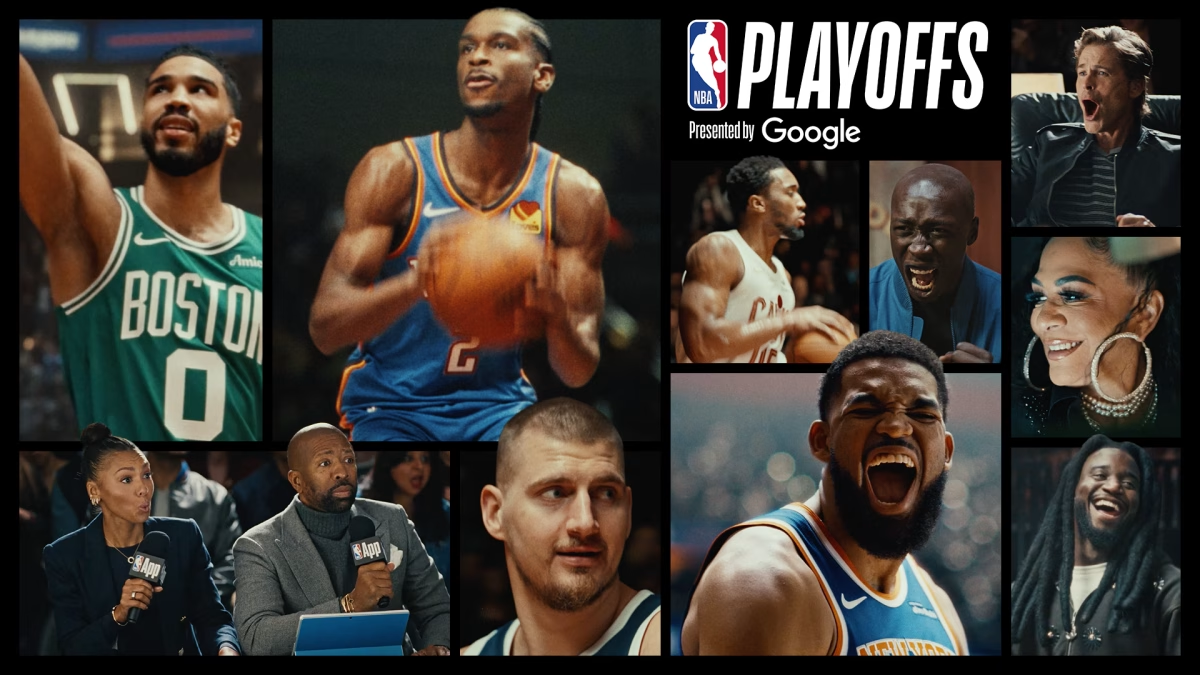Social media complicates body image
November 15, 2021
In today’s society the idea of a perfect body has changed drastically. Social media is a big part in molding today’s concept of beauty and it’s a rising problem.
Beth Daley, writing for The Conversation, reported on research she conducted on body positivity and social media. She found that although the posts improved body images in young women, it also put them in a position of thinking more about their physical appearance.
Although some people try to make sites like Instagram and TikTok safe places, it can backfire. With makeup brands and models posting pictures only when they look their best, young girls and boys think that’s how influencers always look, so maybe that’s how I should look. However, they don’t know all the resources these influencers have, along with the power to edit their photos to make them look flawless.
Mrs. Amber Baron, the school’s Psychology teacher, also worries about the impact of these photos on young people.
“I think with children and teens, social media is definitely more negative when it comes to body imaging,” she said.
With images being posted all the time of what a lot of people favor as the “ideal type” they feel more pressured to have it, Mrs. Baron said, adding that when it feels unattainable this can lead to depression or anxiety issues.
“Research says that self-esteem is lowest at age 13 and increases afterwards,” she said. “However, this is changing now due to social media, low self-esteem is increasing and lasting longer.”
Although it’s not often discussed, guys battle with similar body imaging issues. They deal with the pressure to be muscular, lean and tall, chasing an unachievable goal for a portion of the audience.
In 2020, a study that focused on how posts influence men took 1,000 posts by male identifying people and a majority represented them as strong which are the posts that got the most amount of likes and shares. Another study took 1,000 men and 65% compared their body to what they see online and 37% believe their body as unfavorable. More than half of this small sampling had issues; imagine if every man in today’s time was surveyed.
From my standpoint, social media can be a place where people can embrace their body, but on the other hand individuals could see how much praise other people are getting for how they look and want the same.
As the years go on, younger and younger kids are getting social media before they can process how social media “isn’t real” and this is leading to them having problems such as bullying, eating disorders, anxiety and body dysphoria.
It’s important parents realize what’s going on social media and monitor by talking and be involved with self esteem and other issues it poses. Schools also need to be more involved. “Social media isn’t going away and becoming more and more popular,” Mrs. Baron said. “This will remain on the long list of parental obstacles in raising healthy children.”
























